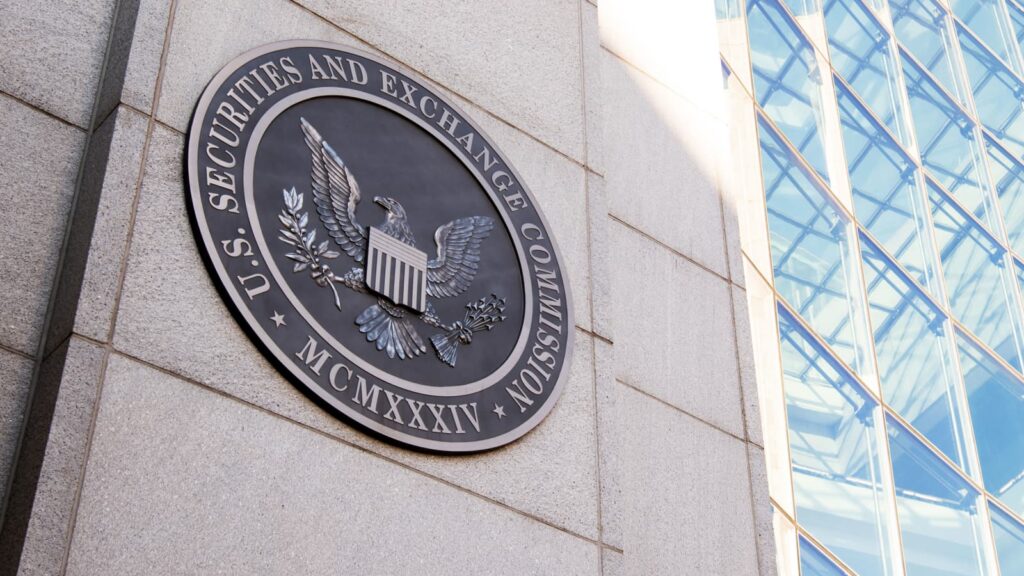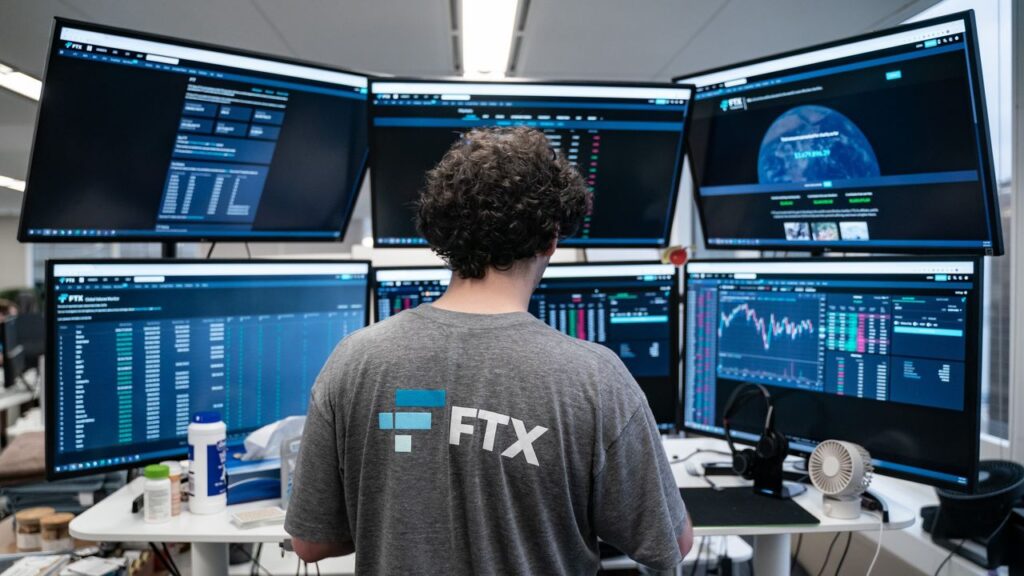Core Scientific, a Bitcoin mining company, has successfully closed a $55-million equity financing round, marking a significant milestone in its journey back to financial stability.
The announcement, made on January 8th, revealed that the equity offering, which had expired the previous week, was met with overwhelming demand, resulting in oversubscription.
Core Scientific’s CEO, Adam Sullivan, expressed his satisfaction with the outcome, stating that this successful funding round, combined with the full repayment of previously drawn amounts from their debtor-in-possession (DIP) financing, positions the company to exit Chapter 11 bankruptcy in January with strengthened liquidity and a robust foundation for future growth.
As of its most recent financial statement dated November 2023, Core Scientific reported $2.3 billion in assets and $559 million in liabilities, culminating in total equity of $1.8 billion.
The company has outlined its intention to relist on the Nasdaq exchange once the bankruptcy proceedings have been fully resolved.
On January 4th, Core Scientific took a significant step towards recovery by announcing the complete repayment of its outstanding DIP balance, which had been provided by its lender, B. Riley Financial.
READ MORE: Nebraska Legislature Proposes Bill to Establish Crypto Standards
Importantly, the company still retains access to the remaining $35 million in funding under the DIP agreement.
Core Scientific’s journey to solvency was prompted by various challenges, including the crypto market downturn, escalating energy costs, heightened mining difficulty, and the burden of bad debt stemming from loans to crypto firm Celsius.
Under its restructuring plan, the company is set to emerge from bankruptcy with $709 million in net debt and $791 million in shareholder equity.
Core Scientific’s shareholders are slated to receive new shares, offered at a ratio of 25:1, effectively providing them with $1.08 per pre-exchange share.
Notably, noteholders will also benefit from the restructuring, receiving $1.628 for each $1 face value of convertible notes due in April and $1.201 per $1 face value for notes with an August due date.
This successful equity financing round and debt repayment demonstrate Core Scientific’s commitment to its recovery strategy, positioning it for a strong comeback in the cryptocurrency mining industry.








